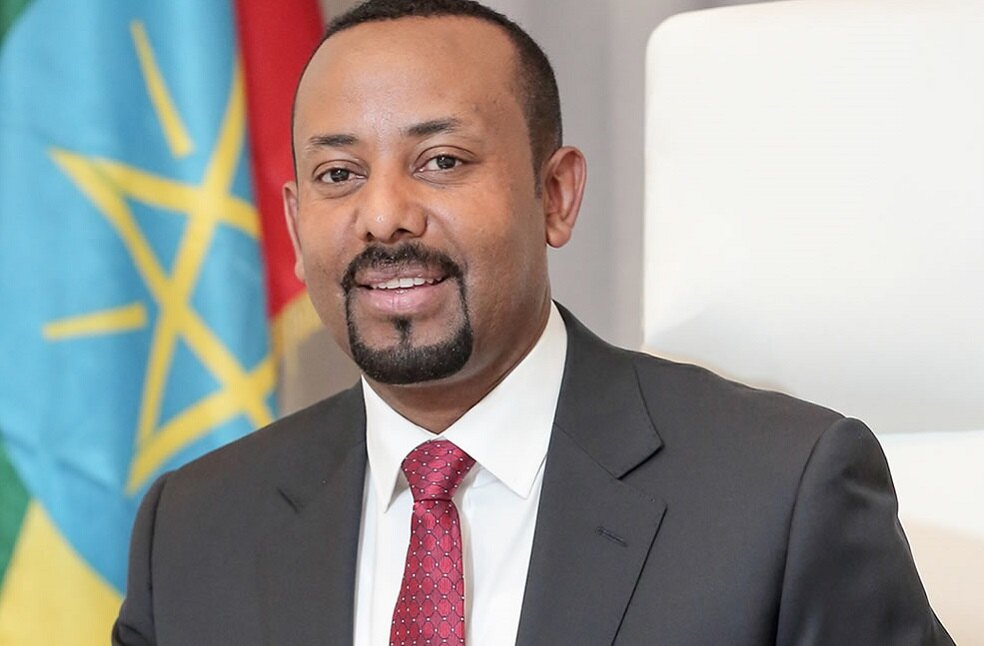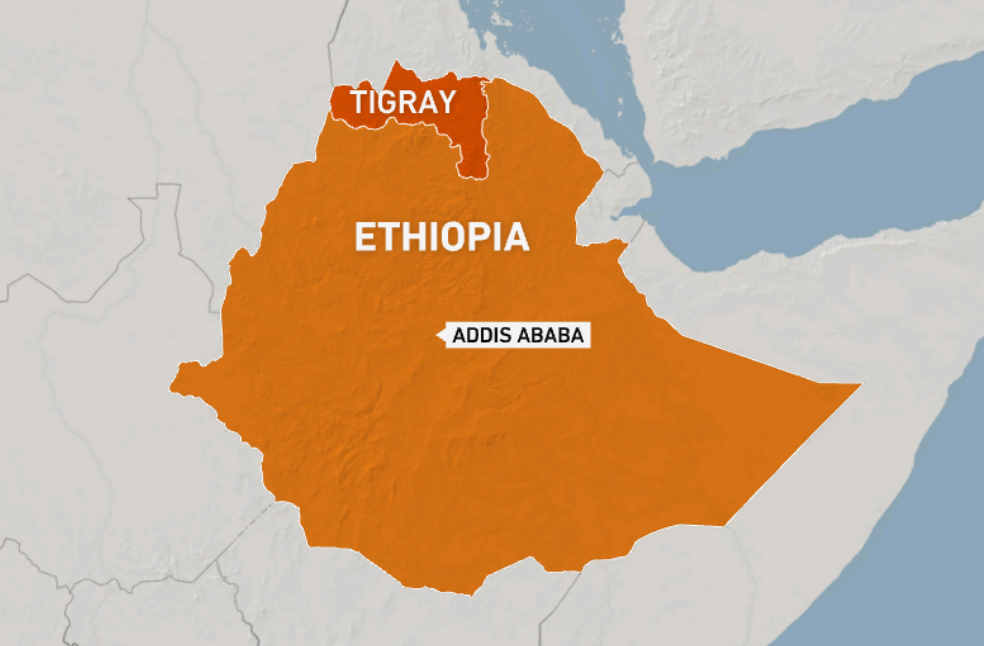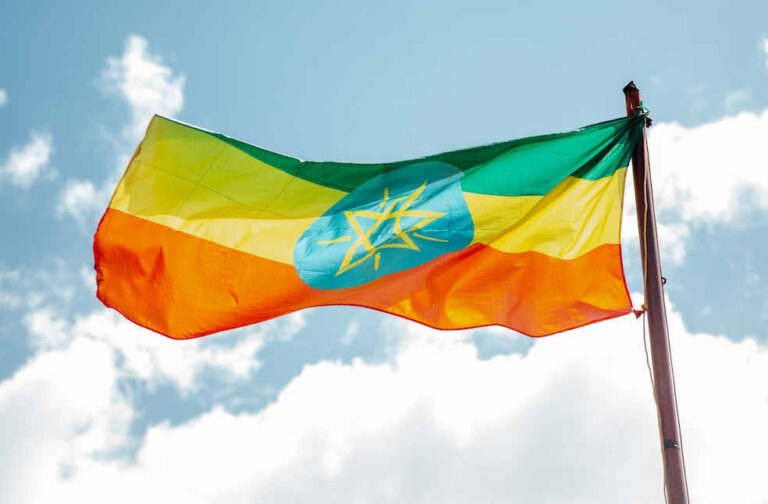Addis Ababa, Ethiopia: After two years of conflict that resulted in hundreds of thousands of deaths, and millions of people who have been displaced and malnutrition, the African Union’s surprise peace talks in South Africa have produced a positive outcome.
An African Union special envoy reported that the conflicting parties in Ethiopia have formally agreed to a permanent stop of hostilities.
Olusegun Obasanjo, the former president of Nigeria, stated that Ethiopia’s government and the Tigray authorities had agreed on an “orderly, smooth, and coordinated disarmament” during the first briefing on the peace talks in Pretoria, the administrative capital of South Africa.

Our commitment to peace remains steadfast and our commitment to collaborating for the implementation of the agreement is equally strong.
Ethiopian Prime Minister Abiy Ahmed Ali, remarked
Prime Minister Ahmed Ali called the agreement “monumental” and appreciated the courage of the defense force and Ethiopian people for standing with the nation in its worst times.
The Tigray People’s Liberation Front (TPLF), a political group that has dominated the northern area for decades, and officials of the Ethiopian government have worked together for close to ten days in South Africa in the most serious attempt to date to find a negotiated end to the war.
As both parties wanted victory on the battlefield to enhance their negotiation position, an earlier ceasefire that had been in place in August was broken, and violence has since increased.

In Tigray, where a harsh government siege has shut off electricity, banking, and other essential services for more than 16 months, a strategy to allow humanitarian access is included in the joint agreement that was signed. The agreement also stated that the Ethiopian government would reconstruct all infrastructure that had been damaged during the war and called for the integration of Tigray’s regional administration back into the national government. A “comprehensive program of disarmament, demobilisation, and reintegration” of Tigrayan forces was also agreed upon by the two parties.
The actual death toll in the battle is unknown, it may be very close to being among the highest in the world. Reliable data is hard to get by because independent journalists cannot enter the area and international humanitarians are only sparsely present.
The absence of Eritrea, northeast African country which shares borders with Ethiopia, Sudan and Djibouti, from the peace negotiations, which has fought alongside Ethiopia near the border, has been warned by analysts to gravely jeopardise the possibility of a lasting cessation of hostilities. The Tigrayan government has long been viewed as a danger by Eritrea’s authoritarian administration, which has not yet responded formally to the accord.
Amhara forces, who border Tigray and are not involved in the peace negotiations, are also engaged in combat with Tigray forces. Tewodrose Tirfe, chair of the Amhara Association of America, stated that Amharas “cannot be expected to abide by any outcome of a negotiations process from which they think they are excluded.”



